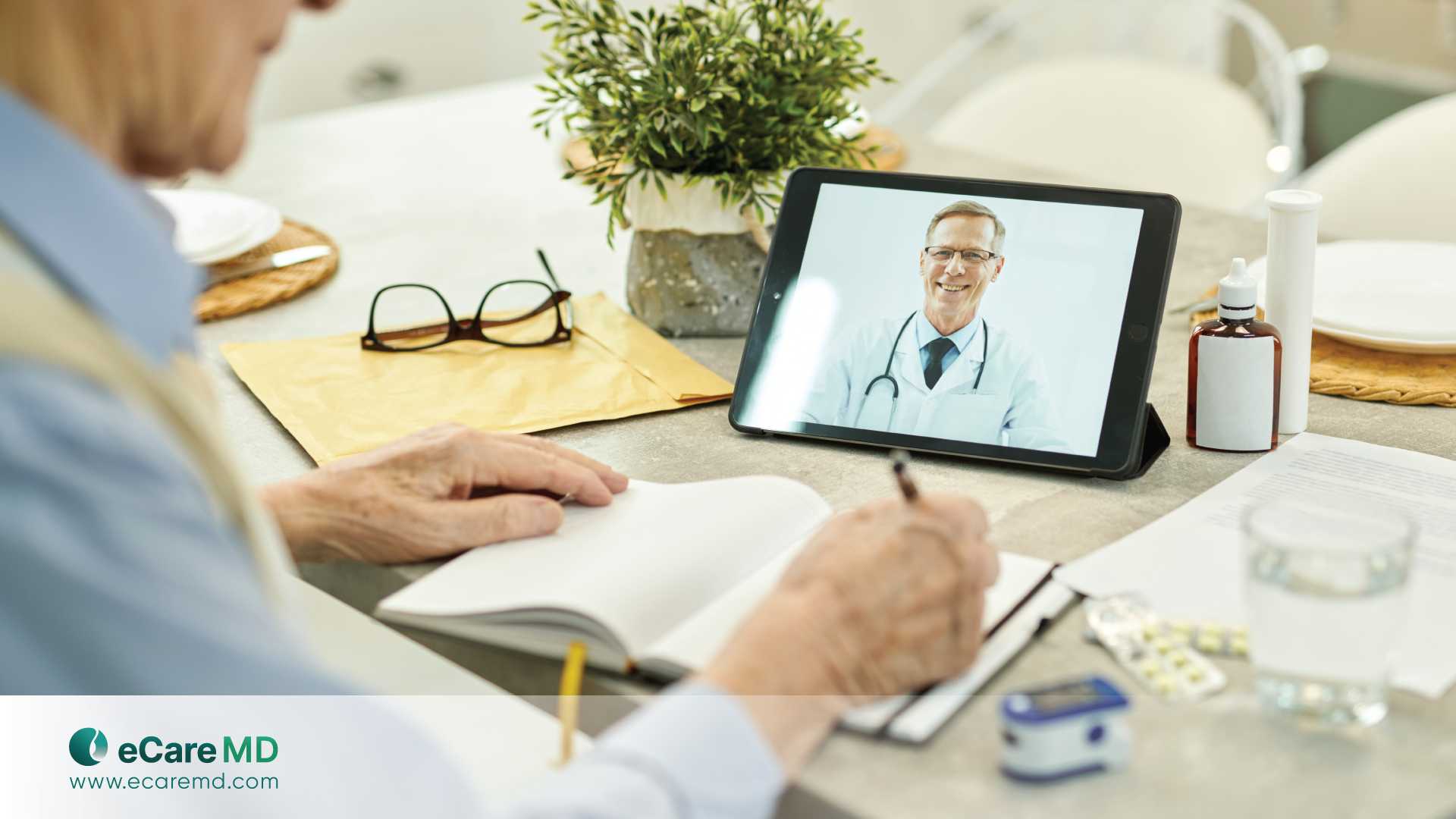Client Background
Based in Delaware, United States, the client manages multiple practices with a professional staff experienced in caring for patients with chronic conditions, particularly those with hypertension. The practice handles a significant volume, managing 1,000 monthly patients across outpatient (OPD) and inpatient hospitalization services. Their dedication, expertise, and commitment to managing hypertension patients have earned them a strong reputation in the surrounding region.
Business challenges
The client has been in the medical field for 30 years, and with a wide range of experience, the client came to know that managing patients personally creates various problems. Some of the challenges that the client has experienced are:
1. Appointment delays from the patients
Due to transportation issues and other factors, patients often arrive late for scheduled appointments. This reduces the consultation time available to care providers, adversely affecting the quality of care delivery and overall practice efficiency. Consequently, this has led to diminished patient health outcomes and satisfaction levels.
2. Challenges in patient engagement
As the duration between the appointments is longer and the absence of better communication facilities, the patients often fail to follow the prescribed medication plan and communicate with care providers for any emergency or suggestions on their health. This lack of engagement functionalities resulted in the disengagment of patients with the treatment plan, which led to unexpected patient health outcomes.
3. Increased patient hospital readmission rates
The extended duration of appointments, combined with the absence of communication functionalities for emergencies, has made it difficult for patients to reach care providers when urgent intervention is needed. This gap in timely intervention has led to an increased hospital readmission rate, placing additional strain on care providers who are already managing a large volume of patients with limited resources.
4. Patient unawareness of chronic conditions
The client has frequently observed that patients' lack of awareness about their chronic conditions and the necessary lifestyle routines was a key factor contributing to unexpected health outcomes and lower satisfaction levels. The need for educational functionalities within the system made it challenging for the client to effectively educate patients on managing their conditions.
Solution
Facing ongoing business challenges, the client recognized that delivering virtual care could be a pivotal strategy to enhance patient engagement and improve health outcomes. With this objective in mind, the client sought assistance from Medarch Inc., a leading provider of remote patient monitoring services, for their expertise in implementing solutions powered by the eCareMD software.
Our business analysts and subject matter experts conducted multiple interaction sessions and demonstrations to understand the client’s needs thoroughly. After reviewing the capabilities of the eCareMD software, the client confirmed that it would be instrumental in transforming their practice. They were confident that the eCareMD software could effectively address all challenges, ensuring high-quality patient care while maintaining strong patient engagement with the treatment plan.
Solution Highlights
The eCareMD software utilizes advanced remote patient monitoring technology to streamline the client’s practice workflow while ensuring patients remain engaged with their treatment plans. Key features of the eCareMD software that effectively addressed the client’s challenges include:
1. Teleconsultation

The eCareMD software’s teleconsultation feature significantly addressed the challenges of patient appointment delays and reduced consultation time. This feature enabled care providers to consult with patients virtually, allowing those at home to receive care without needing physical clinic visits. As a result, provider efficiency improved, allowing them to consult with more patients virtually. Additionally, the extended consultation time facilitated by this feature helped providers make more informed clinical decisions than in-person consultations.
2. Secure communication channels
Achieving the expected patient health outcomes hinges on keeping patients engaged with their treatment plans. eCareMD’s secure communication functionalities play a crucial role in enhancing this engagement. The software offers secure voice calls, messaging, real-time chat, and reminder features, enabling real-time communication between patients and providers to discuss clinical activities and recommendations.
This increased communication boosts patient confidence and satisfaction and significantly improves patient engagement with their treatment plans.
3. Real-time patient health monitoring
A key feature of eCareMD software is its ability to track patients' health vitals in real time while they are at home. Remote monitoring devices continuously capture vital health readings and transmit them to the care providers' live eCareMD dashboard. Providers can monitor these trends and fluctuations in real-time. If a patient's vital readings exceed threshold levels, the system generates an alert, prompting the provider to intervene proactively to reduce potential health complications. This capability has significantly reduced patient hospital readmission rates.
4. Educational materials for patient awareness
To keep patients motivated and engaged with their treatment plans, eCareMD software enables care providers to send educational materials directly to patients. These materials guide patients in managing their health and chronic conditions, including recommended lifestyle routines, diet, exercise, and other essential practices. This approach has significantly increased patient engagement and contributed to achieving the expected health outcomes.
Value Delivered
1. Reduction in Appointment Delays
The reduction in patient lateness by 75% not only streamlined the schedule but also significantly increased the consultation time, providing a more efficient and time-saving practice.
2. Increased patient engagement
85% of patients reported improved engagement with their treatment plans due to enhanced secure communication features (voice calls, messaging, real-time chat).
3. Decrease in hospital readmission rates
The 40% decrease in readmission rates, attributed to timely interventions and real-time health monitoring, has significantly relieved the strain on resources and improved patient outcomes.
4. Increased Patient Satisfaction
Satisfaction scores improved to 90%, with positive feedback on communication, educational materials, and overall care quality.
5. Improvement in Patient Education
80% of patients reported feeling well-informed and confident about managing their conditions due to the educational materials provided through eCareMD.

